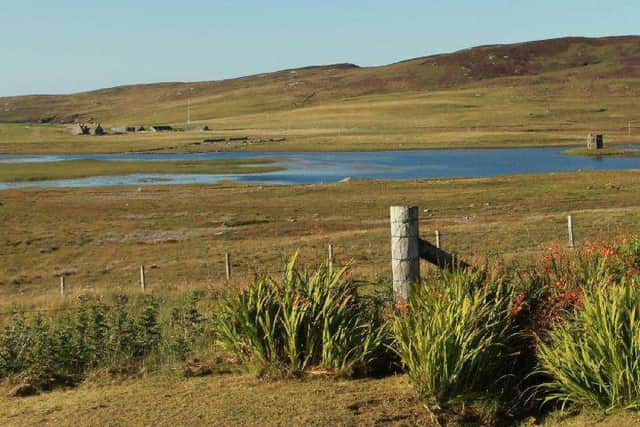Scaled-down plans for North Uist’s spaceport


The presentation by consultants Sarah Murray of Aquatera and Laura Carse of Western Isles Marine and Environment stressed the substantial reduction in the project’s scale and footprint since a previous planning application was submitted in 2019. At that time, there were 640 responses, most of them opposed to the development as it then stood. The planning application was not pursued at that time and extensive work has been done to address the concerns expressed as well as scale down the nature of the project.
It would now be restricted to a maximum of ten sub-orbital launches a year, involving relatively small space vehicles for scientific and weather-related objectives. A “permanent venue for launching small sub-orbital vehicles only” is envisaged, to emphasise that the current proposal is “not part of a phased development”.
Advertisement
Hide AdAdvertisement
Hide AdThe site would, if approved, become a “licensed venue” for launches with individual operators using the facility and bringing in their own “temporary infrastructure”. Each launch would be “a self-contained event”.
At the time of launches, a “hazard area” at sea, of up to 250 kilometres for the biggest launches, would be declared, much of it overlapping with existing restrictions associated with the MOD Range at Benbecula. It was stressed that the “trajectories will not cross any landmass, including St Kilda”.
Ornithological interests were particularly concerned about the original proposals and a great deal of work has gone into addressing these issues including “two years of continuous bird studies” and consultation with NatureScot (formerly Scottish Natural Heritage) and the RSPB. All the work on this and other impacts will be published on-line once the planning application, and accompanying Environmental Impact Assessment, are lodged.
In the event of planning consent being granted, the site will still have to be licensed by the UK Civil Aviation Authority who would have an ongoing role in its supervision and would have to license arrangements for each individual launch. Marine Scotland would be responsible for regulation within the affected sea area, contributing to “a very rigorous regulatory environment”.
Advertisement
Hide AdAdvertisement
Hide AdThere is particular local interest in the future of Scolpaig Farm which was acquired by the Comhairle for £1 million in 2019 to facilitate development of a spaceport.
When privately owned, the farm was used for grazing. It is now intended to offer it as a crofting tenancy as well as to create public access and encourage “educational outreach” associated with the spaceport.
During the question and answer session, there was reference to research which suggests that 6.1 per cent of launches fail. Mark Roberts, on behalf of the development consortium, said that this factor had driven the design of the facility so “if there is a launch failure, there will be no harm to people”.
The consortium includes the comhairle, HIE, Qinetiq, Rhea Group and Commercial Space Technologies Ltd, a London-based consultancy with long experience in the space sector.